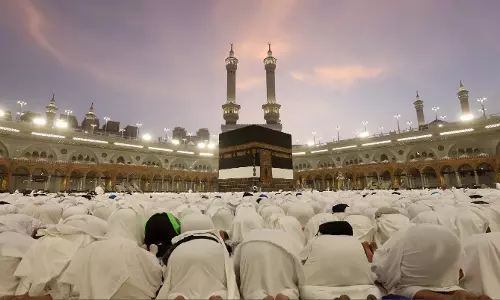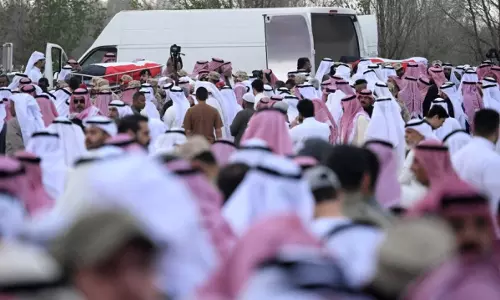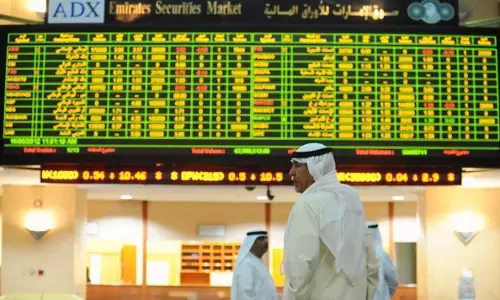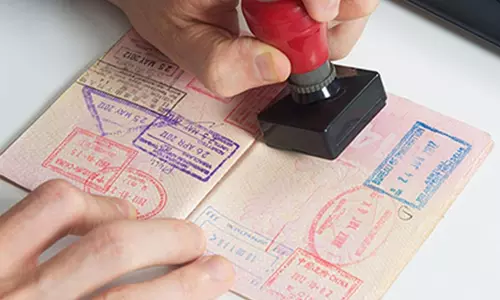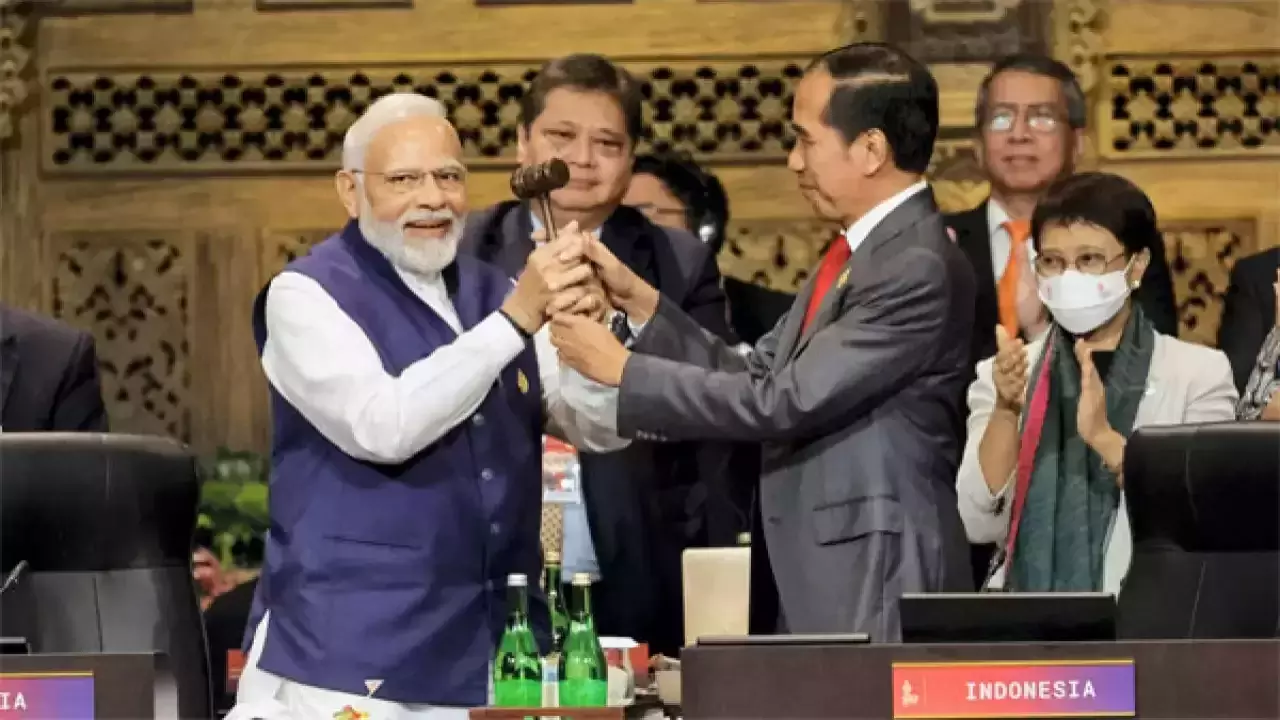
When India is set to lead G20
text_fieldsIndia took over the presidency of G20 with fanfare. On December 1, hundreds of memorials in various parts of the country were decorated with lamps to mark the inauguration. The launch of the logo and takeover of the website and social media handles were accompanied with ample publicity. Apart from the Prime Minister's monthly broadcast speech, a special article prepared for the media also emphasised the importance of the G20 presidency. The G20 is an international alliance that cannot be ignored in terms of both size and strength. These 20 countries account for 60% of the world's population. They also account for 85% of global economic income and 75% of world trade. It has both developing and developed countries as members. Apart from India, G20 comprises economic giants like the US, China, Russia, Britain, the European Union, and Brazil. The leadership of this group, even for one year, is as great an opportunity as it is a responsibility.
Also read: Delhi to undergo makeover ahead of G20 summit: civic body
The leadership of this international organisation is given to each country, in turn, every year. Therefore, the presidency of G20 is better seen as an opportunity rather than an achievement. Using it for political propaganda would defeat the purpose of this opportunity. However, the opposition has already objected that the Modi government is after this very goal. The government should take care to bring together, and cooperate with different viewpoints inside as well as outside the country. Actions, not slogans, should prove sincerity. Although G20's emphasis is on economic cooperation, India believes that it can be placed on a wider scale with the slogan of 'One Land, One Family, One Future' and by advocating concepts like Vasudhaivakutumbakam (The World Is One Family) and universal harmony. It also puts forward the ideal of universal unity. At the same time, instead of unity, the paths of division are opening within India. Slogans are seen as mere slogans at the international level unless they demonstrate the capacity and energy to bring about and lead unity and cooperation. India's G20 leadership should not be about propaganda. It should be about action. Opportunities for real achievement lie beyond narrow political goals.
Also read: PM Modi urges nation to use G20 leadership to further world peace
The challenges facing the G20 community are not trivial. Economic stress and international divisions caused by the pandemic and the Ukraine war are thought to have weakened the ties within the group. The war in Ukraine has widened the gap between the countries. The climate crisis has fueled mistrust between rich and poor nations. At the same time, the solution to these problems is not possible on the basis of selfish goals of governments. The world is not just rich countries; and countries are not just their governments. India is taking over the G20 presidency from Indonesia, which chaired the G20 last year. The position will be handed over to Brazil next year. This is the first time that developing countries are taking over the leadership of the G20 in a row. The Indian Prime Minister's statement that the priorities of this alliance will be determined in consultation with developing countries is welcome. People should be the centre of development programmes. It would be good if Modi's statement that the Indian government would "give the world an insight into the diversity of our country" while holding the G20 presidency would be implemented because it also implies that behaviours that destroy the pluralism of the nation will be corrected. India, which also chairs the Shanghai Cooperation Organisation, can set good examples globally. The only thing to ensure is that it willIt should also be possible to establish human well-being above politics and pluralism above monocultural delusion.
Also read: White House praises India for vital role in negotiating G20 declaration




